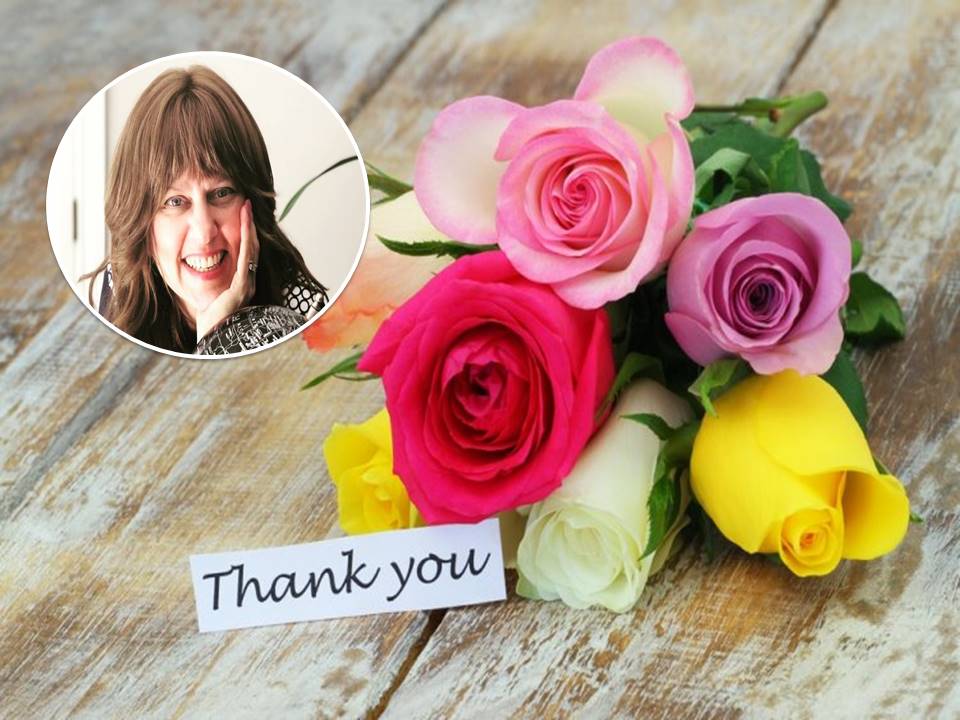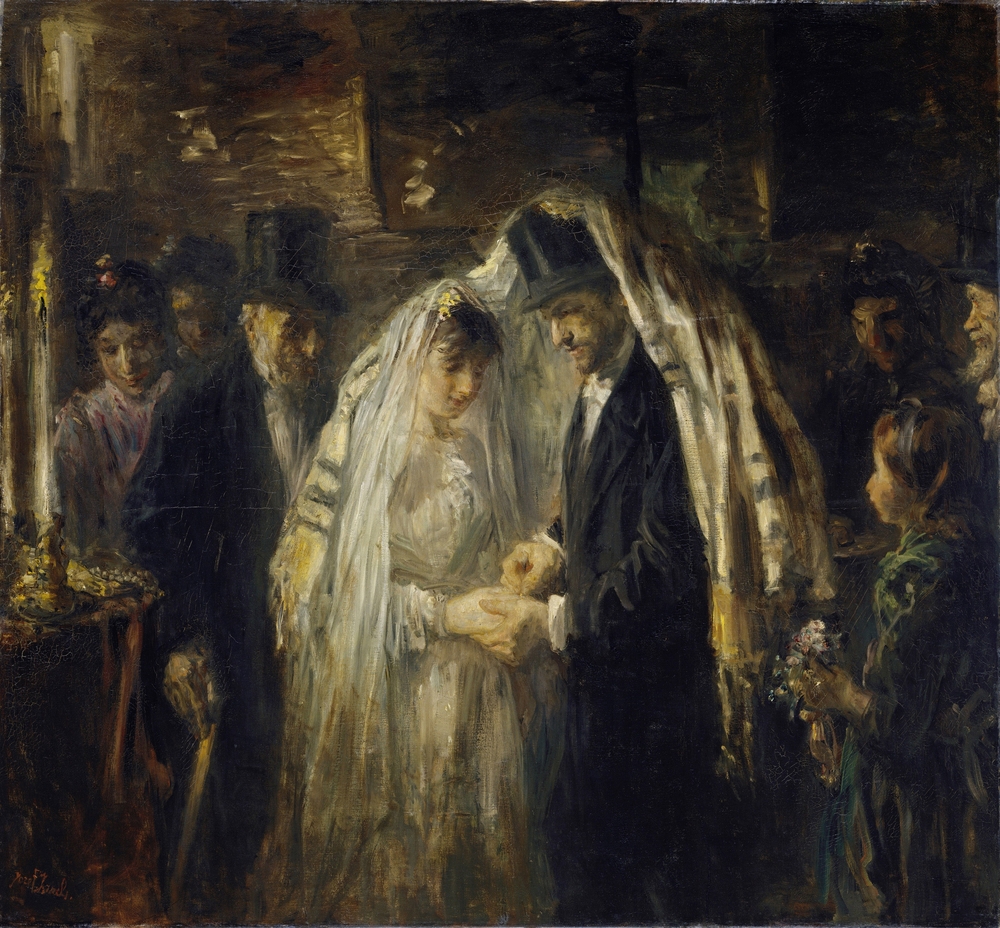One could look at the Torah’s laws concerning the mitzvah of onah and say that it is unfair. Why is the full burden placed only on the husband? How can this mitzvah be kept correctly if it’s so one-sided?
The aim of man to look out exclusively for himself is one of the maladies of western culture. We are constantly being told to be on the vigil lest someone dares to tread on our rights. Marriage is perceived as an arrangement whereby two individuals enjoy a total equality of rights and obligations. It seems, therefore, hard to understand and accept that the responsibility of shalom bayis should not be equally shared by the spouses.
Rav Chaim Shmuelevitz, of blessed memory, offers an interesting insight into the source of the name of Moshe Rabbeinu. This explanation may help us better understand this seeming lack of balance in the mitzvah of onah. We know that in the holy Hebrew language the name of something portrays its essence. The name of a man has great significance, as his personality is embodied within his name.
Our Sages tell us that Moshe Rabbeinu had ten names. Each name described some aspect of his personality, and each name was representative of great spiritual capabilities. From all of these names, which is the one that G-d selected in the Torah to call his prophet, his faithful servant? Specifically the name Moshe, which was given to him by Batya the daughter of Pharaoh, “Ki min hamayim meshisihu — Because I drew him out of the water” (Shemos 2:10). How could it be that the savior of the Jewish people carried a name given to him by a non-Jewish woman which was intended to commemorate a specific act of hers? Even though Moshe was completely passive and did not do anything to merit this name, it is the name that was recorded for posterity.
Rav Chaim Shmuelevitz answers this puzzling question with an enlightening answer. This act of Pharaoh’s daughter was one of extraordinary kindness and self-sacrifice. There was a decree from her wicked father to cast every Jewish child into the Nile, yet upon seeing this helpless child in the water, she risked her own life because of her great compassion and mercy.
Moshe Rabbeinu was the recipient of this great kindness, the recipient of compassion and self-sacrifice. Therefore, these very virtues became part and parcel of his personality. One who is on the receiving end of such great compassion and self-sacrifice naturally acquires these traits. It was the daughter of Pharaoh who instilled these virtues in Moshe, these qualities which Moshe needed to become the leader of the Jewish people. Moshe was given the name which commemorates her act of extraordinary benevolence.
Rav Chaim says, in a similar vein, that parents who shower their helpless infant with love, care, and kindness will inject these virtues into their child. It is, perhaps, for this reason that humans are born so totally helpless — in order that they may be the recipients of kindness and love. So, too, when a husband constantly pours warmth, devotion, and kindness into his wife, he fills her with these virtues. Her natural instinctive reaction will be, eventually, to respond in kind.
People often look at their spouses, see certain modes of behavior and character traits which they don’t like, and set out to change them. This is, at the best of times, an almost impossible task. At worst it is a source of great conflict in the relationship. The most effective way of modifying someone’s behavior is by showering upon the person encouragement and affection. This will eventually elicit the desired response. In the framework of the mitzvah of onah, a husband is the one called upon to be the catalyst. By virtue of his inherent nature and pragmatism, this is his mitzvah, and it is incumbent upon him to be the initiator in everything connected to strengthening the bond between himself and his wife.
This whole idea of giving without necessarily receiving is in fact what is beloved by G-d. “Ahavah rabbah ahavtanu Hashem Elokeinu — loves us with a great love.” “Love” is, perhaps, the most distorted and misunderstood word in all languages. In the holy Hebrew language the root of the word ahavah, “love,” is hav, to give. Love is created by giving. When our attitude to our wives is one of compassion, sensitivity, and understanding, this arouses feelings from our hearts to them, and in the end we will merit that our wives will respond to us with armfuls of devotion and appreciation. This is how our two half-souls turn into one.
The gematria, the numerical value, of ahavah is equal to that of the word echad, “one.” The righteous, who merit “ahavah rabbah ahavtanu,” great love from G-d, cleave to Him who is One.
The story is told of Rav Yisrael Salanter, of blessed memory, who was once traveling on a train. In the same compartment with him was a young man who did not recognize the Rav and did not behave toward him with respect. Throughout the journey, he embarrassed Reb Yisrael, treating him contemptuously as if the distinguished Rabbi were some foolish old man. The train finally pulled into Vilna, and the whole town was waiting to meet the great Rav Yisrael Salanter. The young man, who now saw who the “foolish old man” was, didn’t know what to do with himself.
The next morning, with tears streaming down his face, he arrived at the Rabbi’s abode to beg for forgiveness. Reb Yisrael forgave him immediately and then proceeded to question him as to what he was doing in Vilna.
It turned out that this young man had come to Vilna to learn to be a shochet, a ritual slaughterer, but he had no plan for accomplishing his goal. Surprisingly, the Rabbi took a great personal interest in him. He did not rest until he had found a place for him to live; in addition he found a man to teach him shechitah, ritual slaughter, and funds to help support him while in Vilna. Reb Yisrael Salanter went out of his way to treat this young man like a son.
At the end of the year, the young man came to Reb Yisrael and asked: “I understand the fact that the Rav forgave me, but why in addition to this has the Rav gone so far out of his way to treat me with such kindness?”
Reb Yisrael answered him that his forgiving him was only lip service. In order to truly forgive him, Reb Yisrael knew that he had to take a special interest in the young man. In order to feel the love that the Torah demands in the commandment “V’ahavta l’rei’acha kamocha — And you shall love your friend as yourself.” Reb Yisrael had to shower the man with love and kindness and take a personal interest in him. Now Reb Yisrael could say with confidence that he loved the young man and that he truly forgave him.
This is how we come to arouse in our hearts sympathy toward our wives. By showering them with a multiplicity of kindnesses and warmth, we arouse feelings for them within ourselves, and this penetrates to their hearts, too. This ultimately creates a two-way relationship. It is, however, the obligation and responsibility of the husband to begin this process. Hence, the obligation of the mitzvah of onah falls upon him.
This principle is illustrated by a parable attributed to the Maharam MiRottenberg. A person wanted to get an insight into the World to Come. First, he was shown Gehinnom, hell. There he saw a magnificent banquet hall. People sat around long tables which were adorned with every possible delicacy. The elegance and grandeur stunned the man, and he thought to himself, “This is Gehinnom?”
But as he looked more closely at the “guests,” he saw that they were famished. There was all of this exquisite food in front of them, but no one was eating. Why weren’t they eating? Because strapped to each of their arms were three-footlong knives and forks, and it was completely impossible for them to bend their elbows and bring the food to their mouths. Every pleasurable food in the world was before them, but not a single one of them could enjoy the banquet. A true Gehinnom!
Next, he was shown Gan Eden, heaven. To his amazement, he saw the same beautiful banquet hall, the same tables around which sat the guests, who also had three-foot-longknives and forks strapped to their arms. But in Gan Eden, the people were all happy and looked healthy and satisfied. In Gan Eden, the people were eating. How was it that their situation was so good compared to those he saw in Gehinnom? Upon closer study he noticed that in Gan Eden each one was feeding the person who sat across the table from him. This way they could eat without bending their arms.
The people sitting in Gehinnom were suffering there because that was how they approached life. In every situation they had been in, they had always focused only on themselves. They had always been looking to fulfill their own needs and desires. They had spent their entire lives trying to bend their proverbial elbows and had starved to death in the meantime. They were so focused on themselves that they couldn’t recognize others, even in order to save themselves from misery and suffering.
Then there were the people in Gan Eden. They were able to enjoy the pleasures that are there because of the way that they approached life. In this world, they would pay attention to others and their needs. They would notice if a person next to them was hungry. Then they would feed this man. Naturally this man would respond by feeding the one who fed him if necessary. This way they’d feed one another.
A husband is obligated to be completely focused on his wife’s needs. He must be the catalyst, due to his relative emotional stability. The objective of this mitzvah is to be good to one’s wife. There is nothing in this connection mentioned at all about the man’s needs. In addition, there is no reciprocal obligation. G-d created the world in such a way that when a man’s aim is to cause good to his wife, he too will feel satisfaction. This is man’s nature. By focusing on his wife’s needs, he too will be uplifted from this. The whole “art” of fulfilling mitzvas onah properly is to focus on one’s wife’s needs.
This principal is true for nearly every facet of the couple’s relationship. The man’s personal needs are relegated to secondary importance. He must focus on his wife’s needs. Man’s nature is such that by endeavoring to satisfy his wife’s needs, his own needs will be fulfilled. The Ramban (Iggeres HaKodesh, ch. 2) states, “If the man does not intend for the sake of Heaven but rather he pursues fulfillment of his own lust…then G-d has no part in this.” Not only is he not fulfilling the mitzvah, but he causes very negative results.
“G-d commanded in the Torah and said, “Sanctify yourselves and you will be Holy because I am Holy. Therefore the union for the sake of Heaven — there is nothing holier and cleaner than it.”(Iggeres HaKodesh, ch. 2)
Adapted from “Two Halves Of A Whole” by Rabbi Yirmiyohu & Tehilla Abramov. Available at www.jewishfamily.org





